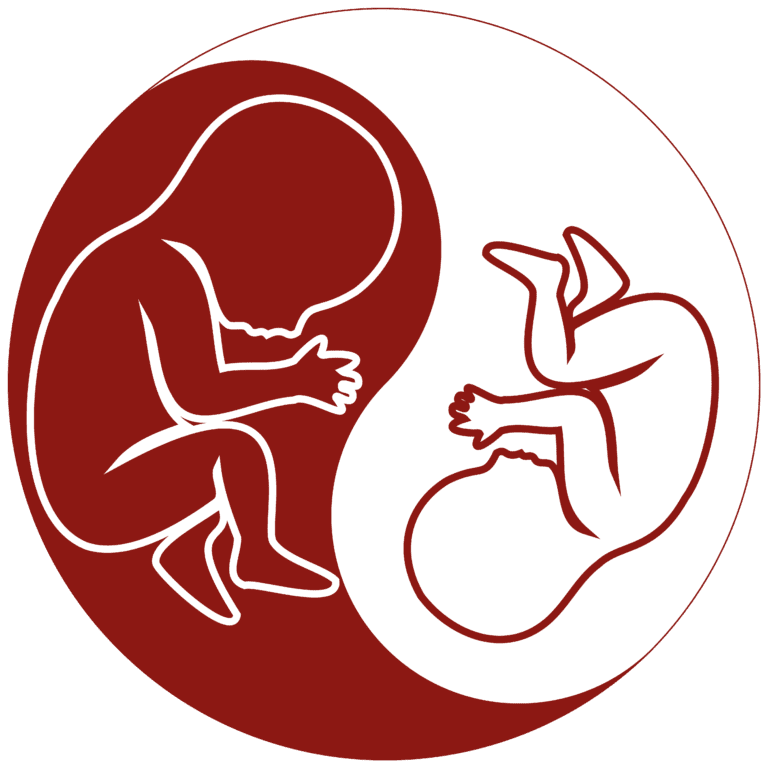In an innovative collaboration, the TAPS Support Foundation and the Fetal Therapy team from the Leiden University Medical Center announced today a new joint initiative – The Twin Talks Webinar Series. Targeting multiple birth families, the webinars are built around frequently asked questions presented to the TAPS Support Foundation.
Founder Stephanie Ernst explains.
“There are always questions within the communities that we can’t answer as patient advocates, especially when it comes to the deeper research into long-term effects and the causes of TAPS. This is where it’s essential to reach out to experts to get the correct information.”
The first webinar, Twin Anemia Polycythemia Sequence 101, will cover the fundamentals of TAPS –diagnosis, treatments, and short and long-term effects, and moderated by Stephanie Ernst; it will feature experts like Prof. Dr. Enrico Lopriore, Dr. Femke Slaghekke, Dr. Lisanne Tollenaar, Dr. Joanne Verweij, and Dr. Jeanine van Klink. The team also hopes it will help clear up some perpetual myths about this rare disease.
A first for both organizations, the webinar will also share a patient’s experience in being diagnosed with TAPS and its impact on their life. This is a vital step in combining the patient experience with expert information.
TAPS parent Bethany Beck, from Ohio in the USA, says,
“I’m so honored to be able to share the story of my girls. Advocating for them while pregnant was hard and scary and continues to be that way as they grow up in a world of unknowns about their future wellbeing. Speaking about our story gives them a voice and every other person affected by TAPS a voice.”
TAPS is a rare disease, often mistakenly called a form of twin-twin transfusion syndrome. Affecting just 3-5% of pregnancies where twins share a placenta, more awareness is needed about how this disease is diagnosed and treated and the severe short and long-term effects.
Dr. Joanne Verweij, from the Leiden University Medical Center in Leiden, the Netherlands, says
“The only way to improve care is to involve patients and work with them, especially when it comes to rare diseases. This contact is so important, as often you don’t hear all the details in the hospitals. When patients connect, we often discover topics that would have not been discovered, and this is often because they’re unsure of what they’ve been told, and seek peers to clarify information.”
These webinars are designed to bridge the information gap between doctors and patients and help raise awareness of TAPS. For patients, information is delivered by world-leading experts from the team who named it, and for doctors there are valuable insights into patients’ minds and the questions they have about their diagnosis.
About TAPS
Twin anemia polycythemia sequence (TAPS) is a rare disease affecting 3-5% of monochorionic twins spontaneously and rarely after laser surgery for twin-twin transfusion syndrome (TTTS). TAPS is a novel disease, first described in 2006, and caused by tiny connections in the placenta.
Twins are born with significant hemoglobin differences because red blood cells move slowly from the donor twin to the recipient twin. This causes anemia in one baby and polycythemia in the other. A TAPS diagnosis is confirmed at birth through blood testing, where hemoglobin and reticulocytes are used to diagnose, along with dye injection of the placenta.
Mysteries shroud TAPS and it was mistakenly called a form of TTTS despite being a different disease, with different diagnostic criteria, pathogenesis, and long-term outcomes. As a result, many doctors do not screen for the disease. With an increased risk of perinatal death and deafness and neurodevelopmental impairment for donor twins, it is vital to raise awareness of this rare disease. Discover more here:https://www.tapssupport.com/what-is-taps-in-twins/
About the TAPS Support Foundation
Founded in 2020, the TAPS Support Foundation is dedicated to changing the world of monochorionic twins. Starting with funding research into twin anemia polycythemia sequence and connecting and supporting patients diagnosed with this disease, the foundation is led by TAPS parent Stephanie Ernst.
They provide free resources online for TAPS patients, run an evidence-based and moderated Facebook group, and actively raise awareness of this rare disease through fundraising efforts, awareness campaigns, and outreach programs. Discover more about them here: https://www.stichtingtapssupport.com/
About the LUMC Fetal Therapy Team
A world-leading research center, the LUMC is considered the leader in TAPS research across the world. From naming TAPS in 2006 to developing innovative treatments like the Solomon Technique and leading the way in researching the long-term effects, this dedicated and determined team is ready to help patients understand their diagnosis and help them find answers.









